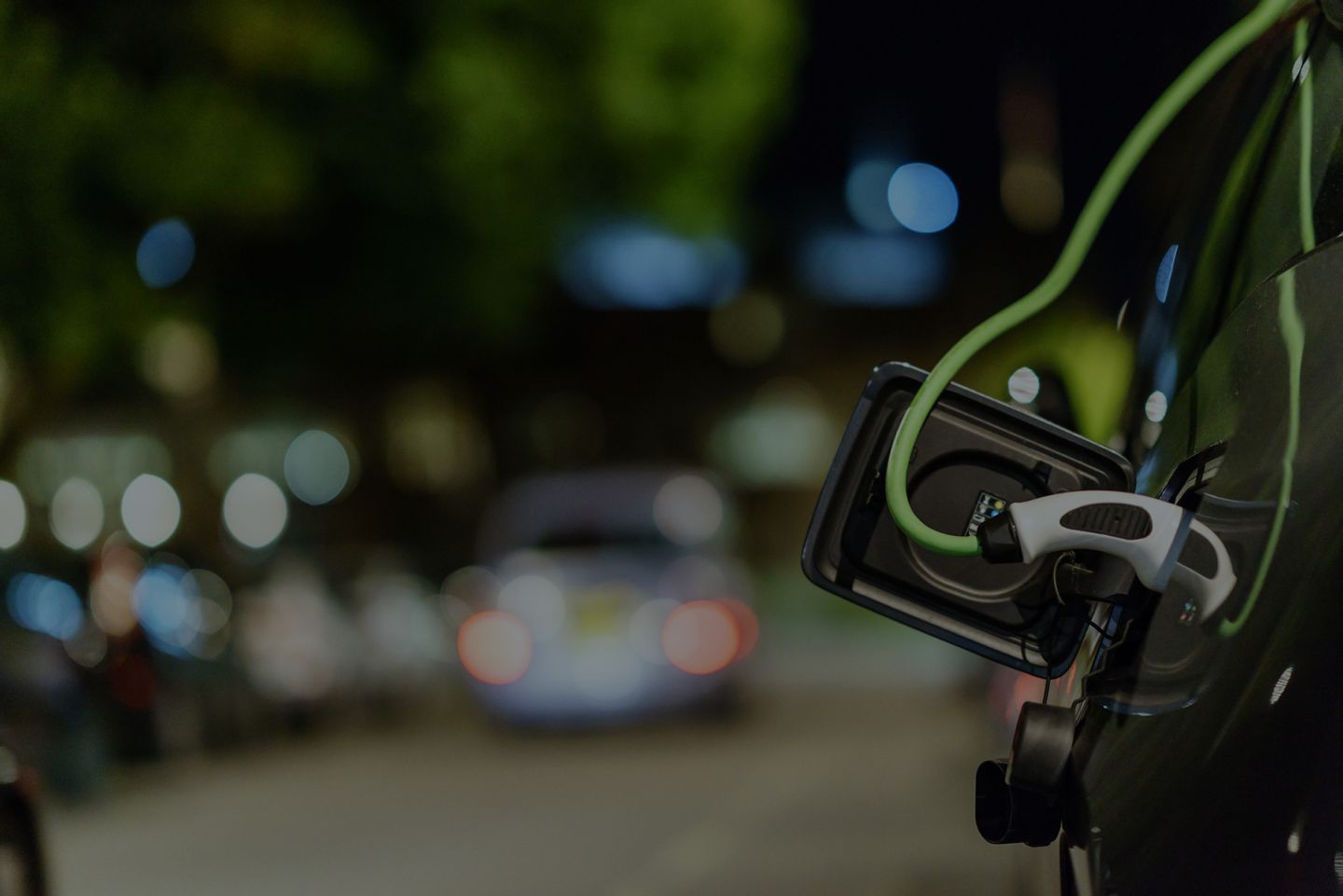According to a recent report by Allied Market Research, the electric vehicle (EV) charging industry is one of the fastest-growing industries in the new world committed to a sustainable future.
In 2018, the EV industry was valued at $3.18 billion. By the year 2026, a compound annual growth rate of 45.6% will bring that valuation to $66.27 billion. Undoubtedly, this economic change was spurred by global initiatives to attain a carbon-neutral future, as well as pioneers like Tesla.
Thanks to this increasing demand, EV manufacturers are learning how to navigate market growth and use data analytics to capitalize on the trends before they emerge.
What data sets are analytics providers using?
Data analytics platforms and services are utilizing open-source EV data combined with consumer and business data sets to navigate the growing industry.
The Alternative Fuels Data Center, a resource of the U.S. Department of Energy, provides information and data on alternative and renewable fuels, advanced vehicles, new transportation technologies, and much more. Data analytics platforms like Buxton have integrated this public data, specifically the EV data, for interactive use.
What EV location data is given to EV manufacturers?
Consolidated Data Mapping
Buxton allows EV manufacturers to see data points on a map for all Tesla and non-Tesla charging locations, as well as all combined EV charging locations in their SCOUT platform.
Additionally, Buxton can create custom map layers that categorize the EV charging locations by charger types, connectors, and networks.
EV Charger Types
- Charger types include overall charger types, as well as level 1, level 2, and DC fast charger types
EV Connectors
- The different connector categories include, overall, J1772, CCS, CHAdeMO, and Tesla
EV Networks
- An extensive list of the current EV networks that are active in the industry today
How can data analytics enable growth for different EV manufacturers?
For EV charging station companies, data analytics services like Buxton allows companies to:
- Identify the areas where there are high concentrations of core EV residential and workplace customers across the U.S.
- Find retail/shopping areas with the highest utilization by customers originating from high EV registration neighborhood
- Locate markets and neighborhoods across the U.S. that will emerge as high EV registration areas in the next 3 to 5 years
For EV automotive companies, data analytics services like Buxton allow companies to:
- Uncover the best potential EV customer household concentrations around existing and future dealership locations
- Pinpoint which existing dealership locations have the highest propensity to sell EVs
- Evaluate which existing dealerships have the right mix of retail/restaurant/entertainment venues within a short walk to justify installation of charging stations that customers could utilize while spending time at those venues
For C-Store/QSR Companies, data analytics services like Buxton allow companies to:
- Identify the best potential EV customer household concentrations around existing and future c-store locations
- See which existing c-store locations have the highest propensity for EV charging stations
The Bottom Line
The electric vehicle industry is still in its infancy, but data analytics show promising capabilities for EV manufacturers looking to grow with the market.
This data is critical for understanding how to leverage growth and create profitable opportunities. Manfacturing companies that don't will be left behind.
The intelligence derived from data-backed research will help manufacturers optimize for the future and mitigate risk in the years to come.
Interested in learning more about how Buxton can help your company to navigate EV growth opportunities? Check out our EV industry overview for information on how our technology and services can guide your strategic decision making process.


